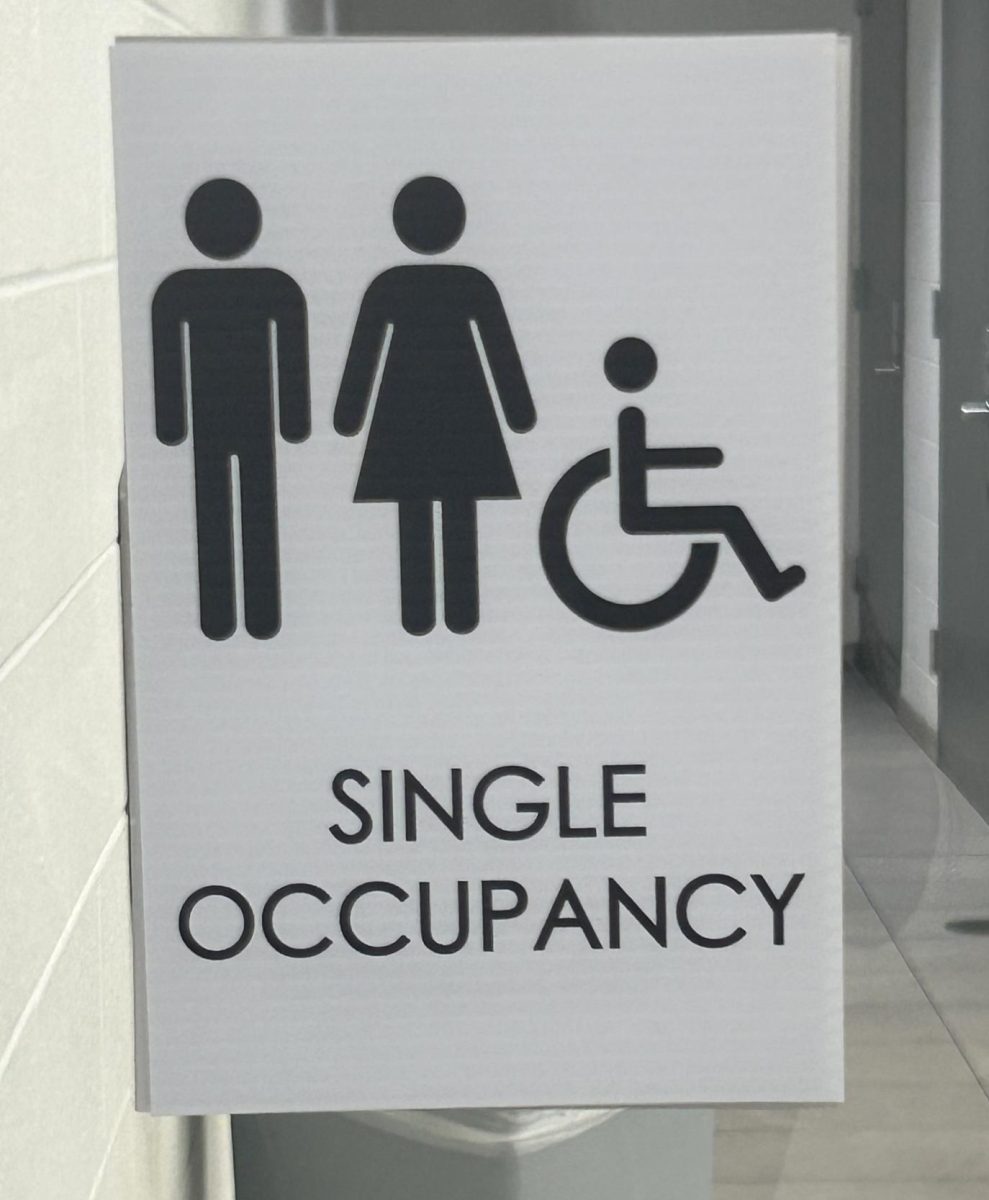On Jan. 20, 2025, Donald J. Trump was sworn in as the 47th president of the United States. With 26 executive orders signed on his first day in office, Trump’s promised agenda is underway. To compare, former President Joe Biden signed 17 on his first day.
The first 100 days of a presidency are often looked at as the first accomplishments made by the Cabinet. Government teacher Sean Branick gave thoughts on why that is.
“People, in many cases, are ready for a change. They’re ready for what they want to see. So the first 100 days is a way of showing ‘Hey this president is about getting things done; this president is about taking massive action,’” Branick said.
This concept was first recognized after former President Franklin D. Roosevelt signed 15 bills designed to counter the Great Depression in his first 100 days in office. Since then each presidential term is judged by these first three months.
“I do think it’s important to be careful about judging a presidency on their first hundred days. Really, we should look at the impact a presidency has years, even decades later,” Branick said.
The accomplishments of the first 100 days will have lasting impacts for years to come. Presidents strive to match the impact FDR made on the country, who set a high bar. The question is: Can Trump “trump” FDR’s first 100 days? Here are a few of his promises to follow.
During Biden’s term, the first item on the agenda was to tackle the battles of COVID-19, driven by the Democrat party’s urgency. This is what Biden’s first few executive orders were designed to fix. In the same way, the Republican party has its own ideas on what’s most important today.
The first two promises on Trump’s agenda are to seal the border of the U.S. and Mexico followed by a mass deportation of immigrants lacking permanent legal status. Under the Biden administration the illegal immigration policy was “catch and release.” Trump switched this to “catch and send back.”
Gang and cartel-related activity is a primary reason for the concern. Trump declared a national emergency and in many cases sent the U.S. military to handle illegal immigration. Senior Arjun Bhatt believed there is an issue, but Trump’s methods are unnecessary.
“Taking [immigrants] with military force seems a little extreme, but I think it was a problem that needed to be addressed,” Bhatt said.
Trump’s third promise is to end inflation and “make America affordable again.” Trump believed the crisis was caused by massive overspending and escalating energy prices.
To lower these energy prices, Trump suggested increasing energy production. This would incentivize businesses to lower the cost of goods, which will boost the economy. Branick described an underlying outcome.
“The flip side of this is that there are some people who might be more focused on preserving the environment who are not happy about this,” Branick said.
Prioritizing the health of the Earth over the economy is one common belief and political stance. This ideology is true to some, including Bhatt.
“I want us to have a good economy but at the expense of our Earth? Absolutely not,” Bhatt said. “It’s not worth it anymore just for our economy to be thriving. We can’t just destroy the Earth that granted us life.”
The Biden administration supported these same beliefs when its seventh executive order revoked the Keystone Pipeline, an oil pipeline that ran from the U.S. to Canada. Climate activists protested to shut down the pipeline for years due to climate change, habitat destruction and pollution issues.
In addition to his agenda, TikTok has made its way onto the list of issues President Trump has addressed. On Jan. 19, there was a nationwide ban on TikTok. On Jan. 20, Trump, swamped with his day one tasks, put a pin in TikTok’s ban with an executive order.
The TikTok ban was given a 75-day extension for the U.S. government to address the concerns. Branick explained possible threats posed by the app.
“They want a platform where the communist government of China doesn’t have any potential of accessing our information,” Branick said.
TikTok plays a large role in social interaction and entertainment for many youths, and is a popular way to unwind after a day of stress. Sophomore and avid TikTok user Tate Rook expressed his opinions on the app.
“When I have nothing going on or I’m bored or upset, I just watch TikTok. I feel like TikTok is always there for me when I’m having a bad day,” Rook said.
A point that is often left unsaid in the argument of whether TikTok should stay or not is the negative effects of excessive screen time, especially at a young age, Bhatt explained.
“[TikTok] is devoting so much of your time to a screen, and it’s taking over kids’ lives,” Bhatt said. “The younger generations have become dependent on it. It’s gonna have terrible effects on us. Growing up behind a screen your whole life is not okay. So I don’t like it and think that TikTok being banned was probably a good thing.”
With a busy first 100 days underway, these were some of the many issues Trump addressed on day one, and will continue to build a foundation on. The first one hundred days are often building blocks for what’s to come in the remaining term.
Trump is one of two presidents to win non consecutive elections. The other being Grover Cleveland in 1908. The anticipation for the significant term has ended. The country has entered the stages of change and revision with a new leader in charge.






